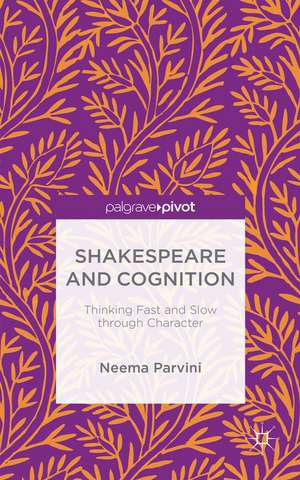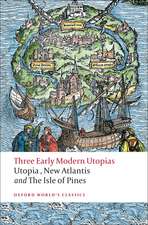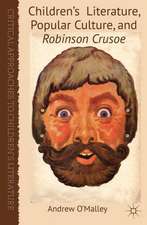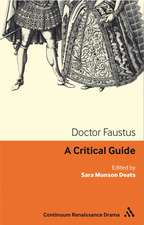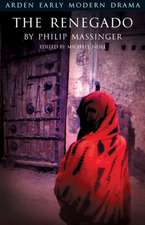Shakespeare and Cognition: Thinking Fast and Slow through Character
Autor N. Parvinien Limba Engleză Hardback – oct 2015
Preț: 381.43 lei
Nou
Puncte Express: 572
Preț estimativ în valută:
73.02€ • 75.14$ • 61.55£
73.02€ • 75.14$ • 61.55£
Carte tipărită la comandă
Livrare economică 01-15 martie
Preluare comenzi: 021 569.72.76
Specificații
ISBN-13: 9781137543158
ISBN-10: 1137543159
Pagini: 75
Ilustrații: X, 75 p.
Dimensiuni: 140 x 216 x 10 mm
Greutate: 0.26 kg
Ediția:1st ed. 2015
Editura: Palgrave Macmillan UK
Colecția Palgrave Pivot
Locul publicării:London, United Kingdom
ISBN-10: 1137543159
Pagini: 75
Ilustrații: X, 75 p.
Dimensiuni: 140 x 216 x 10 mm
Greutate: 0.26 kg
Ediția:1st ed. 2015
Editura: Palgrave Macmillan UK
Colecția Palgrave Pivot
Locul publicării:London, United Kingdom
Cuprins
List of Tables Acknowledgements Introductory Note 1. Why Characters Matter in Shakespeare's Plays 2. Key Concepts: Dual-Process Theory, Heuristics and Biases 3. 'Teach me how to flatter you': Persuasion 4. Iago, Othello, and Trait Ascription Bias 5. 'And reason panders will': Another Look at Hamlet's Analysis Paralysis Concluding Note References Index
Recenzii
“This is a work of undoubted brilliance, which makes several illuminating points … .” (Elisabetta Tarantino, The Years Work in English Studies, April, 2017)
Notă biografică
Neema Parvini is Lecturer in English Literature at the University of Surrey, UK. His previous books include Shakespeare's History Plays: Rethinking Historicism and Shakespeare and Contemporary Theory: New Historicism and Cultural Materialism.
